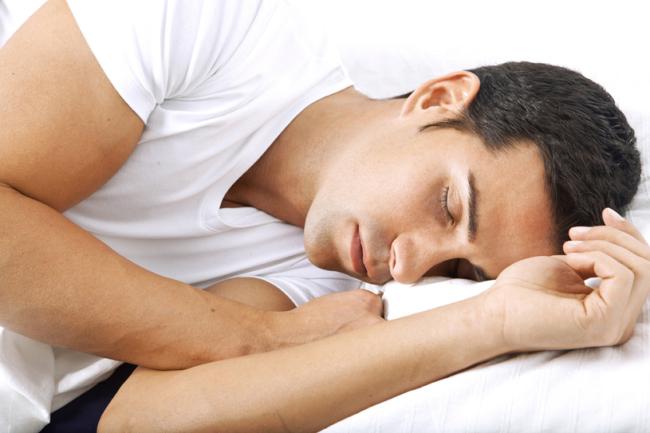
Sleeping poorly each day builds something called “sleep debt”. If left unchecked, this sleep debt can manifest itself as health problems such as weight gain, increased risk of diseases such as diabetes, mental and physical fatigue and increased risk of heart disease.
Sleep deprivation in college has been linked with lower GPAs in college. A study by Campus Mind Works found that 73 percent of college students reported sleep problems and 18 percent of college men and 30 percent of college women had insomnia in the past three months.
A good sleep resets bodily functions and restores energy needed to power through a busy college day. Sleep also boosts brain function by reaffirming memory and solidifying pathways created throughout the day.
According to a study by the University of Georgia, college students get, on average, 6 to 7 hours of sleep per day. However, many sources recommend anywhere from 7 to 9 hours per day.
There are many ways to try and increase the amount of sleep you get other than lightening up your college schedule. Some signs of sleeping difficulties are light, fragmented sleep, waking up in the middle of the night, difficulty falling back asleep after waking up in the night and sleepiness throughout the day even after a full night of sleep.
The key to sleeping well is consistency. A consistent bed time and time to wake up will lead to regular sleep patterns and a more fulfilling sleep. Consistency is not limited to just sleeping; eating three meals a day at the right time will help fix your body’s natural cycle.
A few things to avoid before sleeping are alcohol consumption, heavy meals and also caffeine and nicotine. Caffeine and nicotine are stimulants that prevent natural sleep. Although many people believe that alcohol helps people fall asleep, sleep induced by alcohol consumption is often unfulfilling and is much lighter than normal sleep.
Although around 40 percent of college students nap regularly, studies have shown that napping leads to staying up late. Irregular periods of sleep with long and short napping periods leads to difficulty sleeping when you actually need it.
Another huge problem that many college students face is using the bed for things other than sleep or sex. Although it is mental, associating your bed with only these two activities makes it easier to fall asleep at night. Constantly working or watching Netflix in your bed makes it harder to fall asleep quicker.
Exercise also promotes healthy and regular sleeping patterns. However, it is recommended to work out at least four hours before trying to sleep, otherwise it may have a negative rather than positive effect on falling asleep.
College students are asked to do a lot, so it’s easy to understand why so few students consistently get a good night’s rest. However, investing in good sleeping habits pays off in areas in more than just health.













